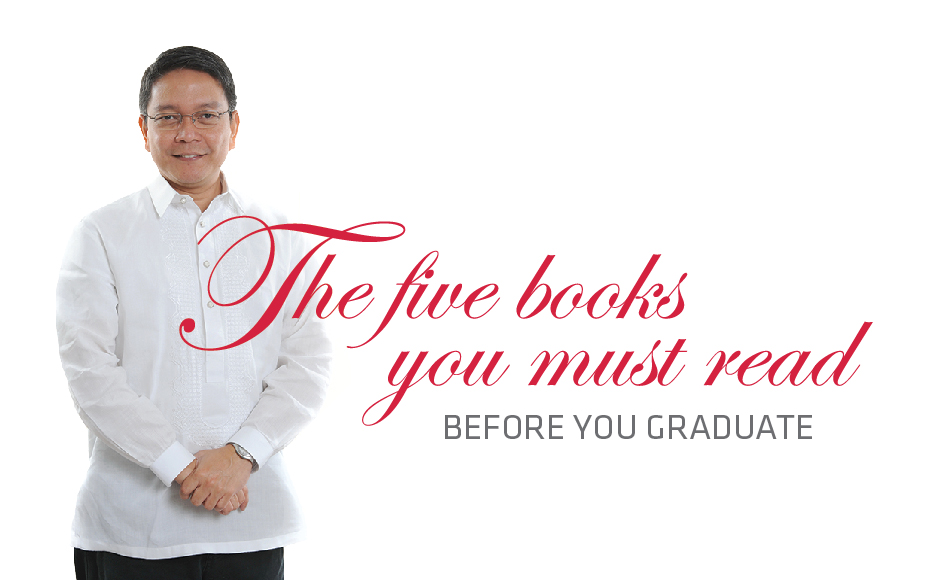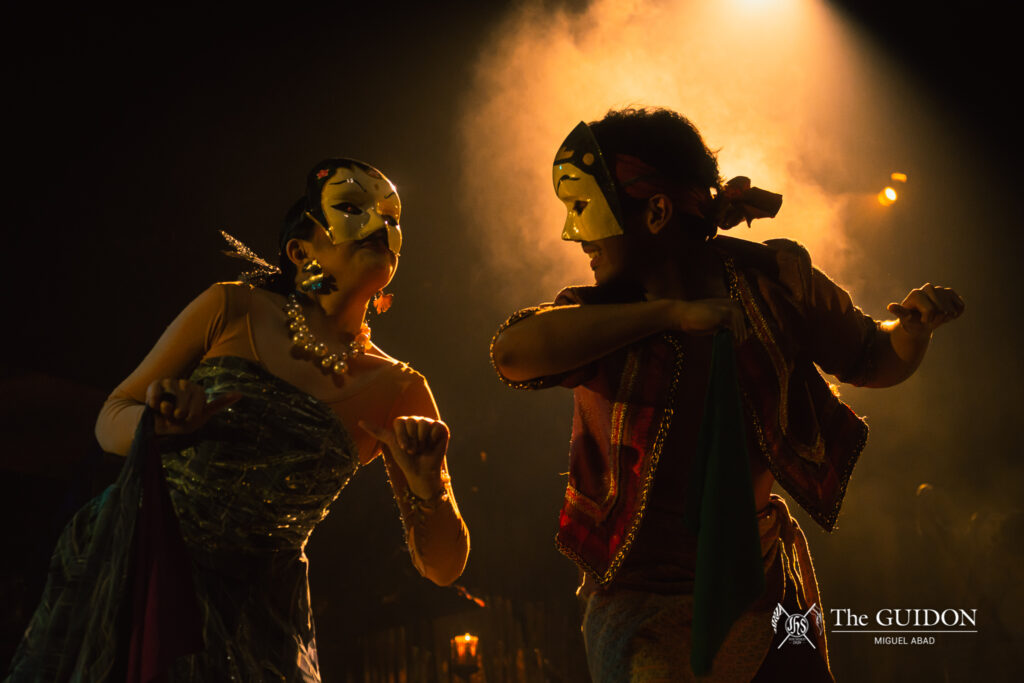As a quick glance at its core curriculum will tell you, the Ateneo has always emphasized the importance of the humanities, especially literature. Regardless of your course, chances are that the written word has played an important part in your college education.
However, for every text assigned to you in class, there are hundreds of equally meaningful and potentially life-changing texts that aren’t. As university president of the Loyola Schools, Fr. Jett Villarin, S.J. understands the importance of good literature not just in the Atenean’s growth inside the classroom, but also outside of it.
“Good literature opens the person to a broad range of experiences,” he says. “It enables one to cultivate ‘depth of thought and imagination,’ to borrow the words of Fr. Adolfo Nicolas, SJ, the Jesuit superior general. Even as it sharpens the mind, it enlarges the heart and soul.”
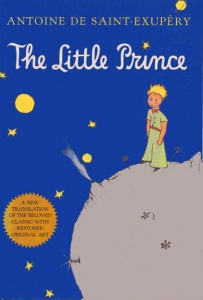 The Little Prince by Antoine de Saint-Exupéry
The Little Prince by Antoine de Saint-Exupéry
Saint-Exupéry’s novella about a young prince and his many adventures is a staple on many people’s list of favorite books, and its timeless tale of loneliness and friendship has resonated with both children and children-at-heart alike.
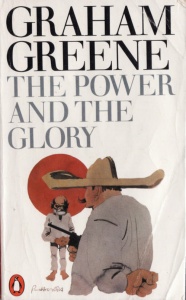 The Power and the Glory by Graham Greene
The Power and the Glory by Graham Greene
Centered around the trials of a Catholic priest in a Mexican city trying to suppress Catholicism, Greene’s novel is an affecting look at the dynamics of power in the 20th century, as well as the Church’s—and, by extension, religion’s—place in it all.’
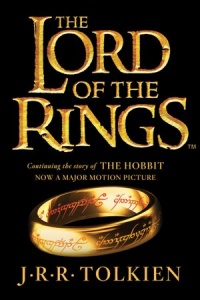 The Lord of the Rings by J.R.R. Tolkien
The Lord of the Rings by J.R.R. Tolkien
You’d be hard pressed to find anyone who hasn’t heard of Tolkien’s Middle-Earth masterpiece. An epic in every sense of the word, the story of Frodo and friends is a classic tale of valor, sacrifice and the triumph of good against evil.
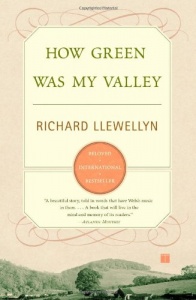 How Green Was My Valley by Richard Llewellyn
How Green Was My Valley by Richard Llewellyn
Llewellyn’s chronicle on the decline and destruction of an environment in the South Wales coal mines and its effects on a typical South Wales mining family is a touching, elegiac look at a way of life that has now been all but lost.
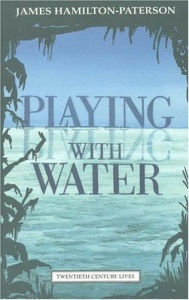 Playing with Water by James Hamilton-Paterson
Playing with Water by James Hamilton-Paterson
Hamilton-Paterson’s account of his time on a remote Philippine island called Tirawik isn’t the most well-known of books, but it doesn’t take away from the novel’s brilliance. Hamilton-Paterson takes his readers through the cool winds and silent waters of Tirawik to reveal the sadness within.
Fr. Jett on his selections:
“Reasons for the choices? Great writing, powerful storytelling, heart-enlarging. When I read them, I felt warm inside, and I sort of knew I was changing and becoming a better person.
“I’m sure there are many others. Ateneans should not limit themselves to only five books while in college. Sayang naman.”


